With the Corona Virus in full swing now, many people are on lock down. Schools have cancelled the rest of the semester, and that means one thing: Indefinite quality family time! And maybe, a bit of stir craziness.


But just because class is cancelled doesn't mean that learning has to stop! No need to waste this special period: Everyday can be a sneaky, tricky opportunity to keep your kids' minds engaged and growing! And they'll never see it coming.
Read on for the best covert learning tactics to supercharge their skills in math, science, and more!
Mom's Mad Science
Perhaps the most famous of all home experiments is the dreaded slime. Dreaded for parents only, that is! Clean up may be a pain, but the sensory fun for kids is undeniable. And why deny it?
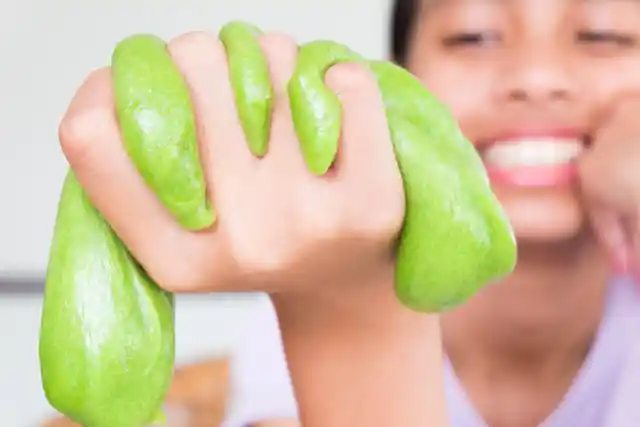
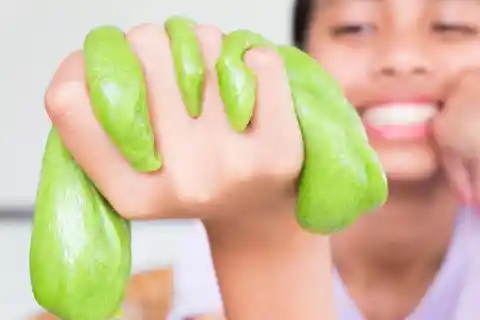
It only takes 3 basic ingredients, plus food coloring: A bottle of Elmer’s glue, 1 1/2 – 2 tablespoons of contact solution, and 1 tablespoon of baking soda do the trick, every time. While always an entertaining afternoon, it's a great chance to sneak in a chat about solids, liquids, and gasses. What is slime? Discuss!
Yummy Spelling
Right now, it's unlikely that many people want to go out and do physical grocery shopping. Online seems to be a popular option, though! Involve the kids by asking them to do a few brain teasers — to help out, allegedly.
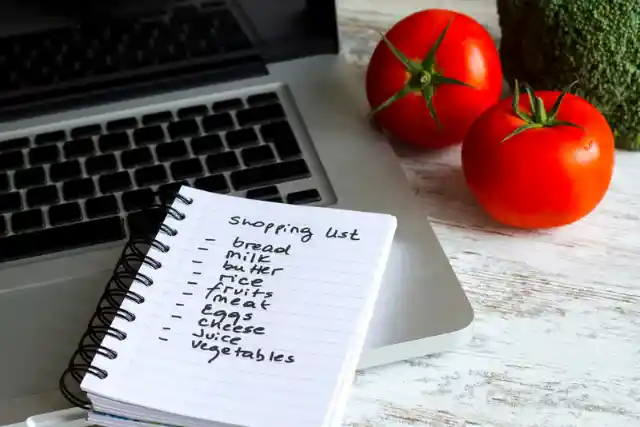
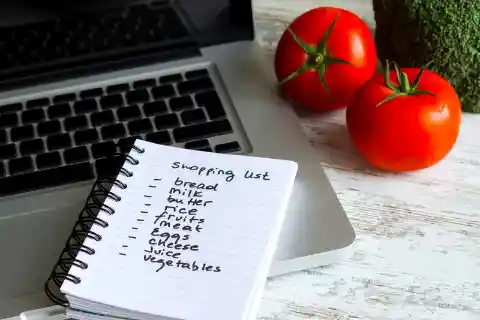
For example, you can dictate the items as they write them down to practice spelling. Then, ask them to alphabetize the list to keep their reading and comprehension skills sharp. Or, ask them to organize the items into food groups, prompting a discussion on nutrition and health. Vary the task by age, but build a key life skill!
Delicious and Nutritious
Stuck in the house with little to do, it might feel good to do anything focused and active with your hands. Adults and kids, alike! Suggestion: Try chopping a salad together, and learning about each element on a deeper level.
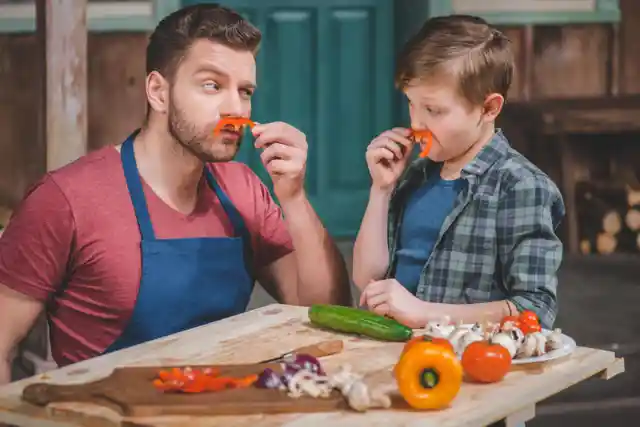
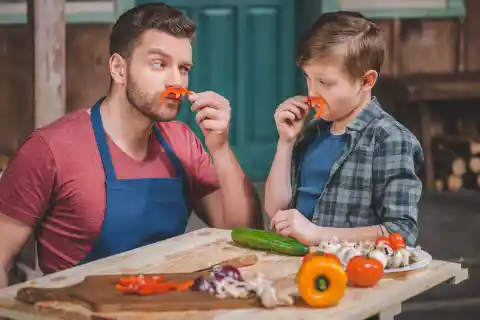
Discuss each veggie in terms of the main vitamin, and what that element does for the body. Examples: Carrots give us Vitamin A, and this keeps our eyes healthy. Lemons give us Vitamin C, and this keeps us from getting sick all the time. They'll never know it, but there's been a science boost right under their nose!
Amp Up Games
Bringing in the games creates some of the best family memories in the best of times. But stuck in the house, maybe they can be re-purposed for a new, top-secret project.
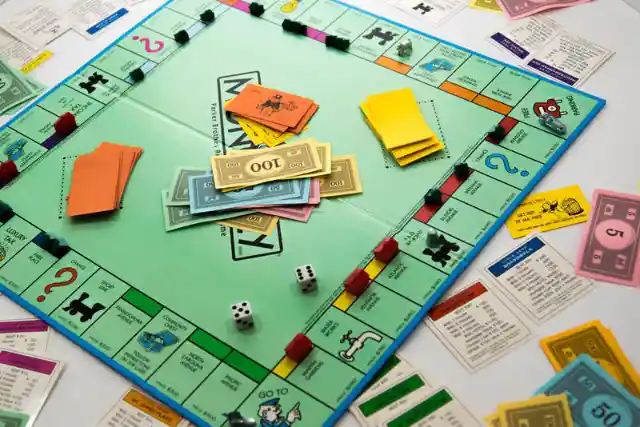
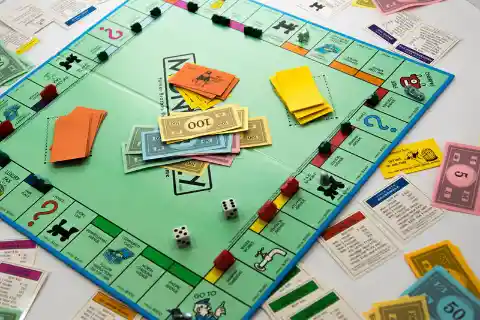
Perhaps it's time to give the kids new responsibilities in the games, like making the banker in Monopoly. Or perhaps, upgrade the game itself from junior to regular! Forming bonds is always wonderful, and keeping their minds engaged as much as possible solving problems out of school is a double, doable win today.
Authoring the Adventure
With endless conversation and a working laptop, it looks like it's that time. The time to start a family quarantine blog, of course!


A modern family album in many ways, this is a bonding activity as much as a writing exercise. Keeping up those communication skills as the narrator of a journal is a great substitute for the English class homework that isn't being assigned right now, and perhaps for a while. It's fun for the whole family to take turns posting entries, and memorializing this crazy time together!
Making and Baking
Sitting in lockdown means eating lots of warm cookies, in the best-case scenario. And as it stands, baking with a child is one of the best ways to teach them a little bit of practical chemistry at home!
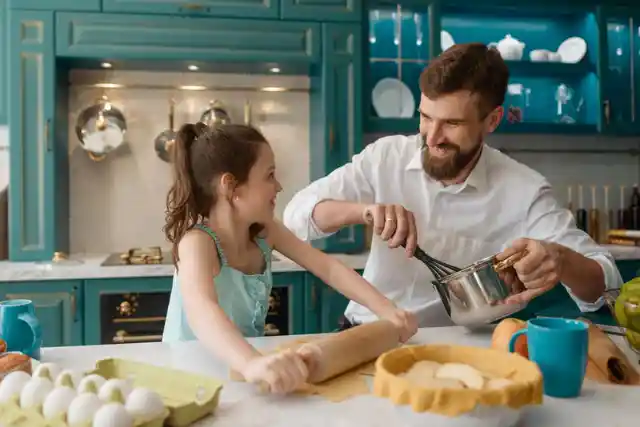

Try mixing a solid with a liquid, like flour and water to demonstrate the concept of dissolving substances. In chem class, they will learn plenty more about the topic. But now is a great time to introduce the concept, and enjoy the real world results! Melty, gooey, and crunchy for one and all.
Botanical Bump
If you already have multiples of the same houseplant around, it might be a good time to try a little experiment with milk. Yes, milk!
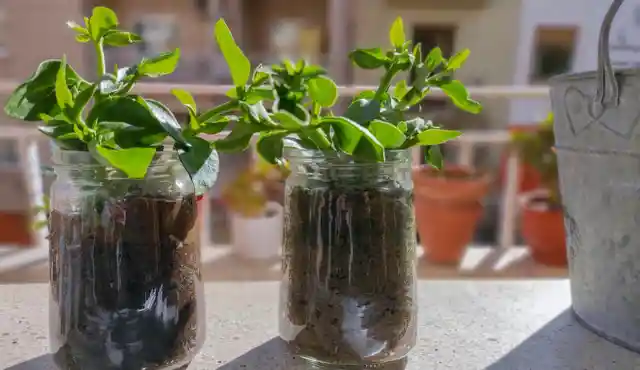
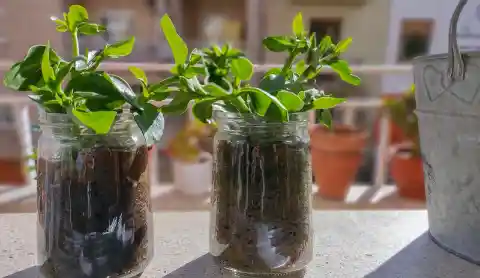
Word has it that this dairy drink is beneficial as a sort of fertilizer booster, diluted 50% with water. and it might be interesting to explain the idea of hypothesis in science. Then, conduct a test over a few weeks to see the results! The child can record the quantitative and qualitative data each day during homestay — exact height and interesting visual conversations — and learn these concepts, too. A full-blown experiment, little Einsteins!
Literature Vs. Film Challenge
The old debate of whether the movie was as good as the book is not going away. Honestly, people do prefer the book most of the time! But how can this discussion even happen with kids, if they never read the original?


Harry Potter is always a good place to start, of course. Every book in the series has its own movie, a perfect opportunity for them to play "movie critic"! Ask the kids to read the book and list 20 things the movie forgot, followed by a family film society discussion. Reading comprehension, captured attention? Yes, please!
Pizza Fractions
Lunchtime is a great opportunity to sneak in a little geometry. And why not, if there's pizza to distract everybody?
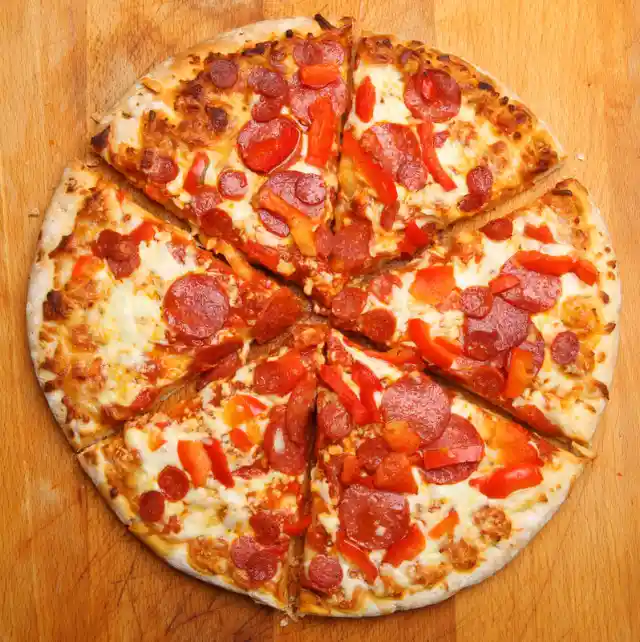
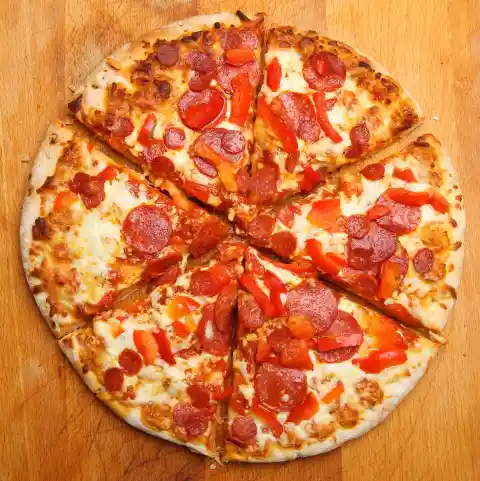
Fractions can be fun if the aroma of cheesy triangles is in the air. As the family eats, concepts like halves, thirds, and more complicated fractions like 5/8 can be illustrated on the table. A meal and a math lesson, disguised as a brain teaser? Oh, yea!
Science Class: Food Dehydration
If you have grapes around, this one is an easy experiment. Maybe the kids vaguely know that raisins come from grapes, but the process can become observed to make their very own. Learning about methods of good and bad food preservation is an important culinary lesson, for safety, science, and for life!
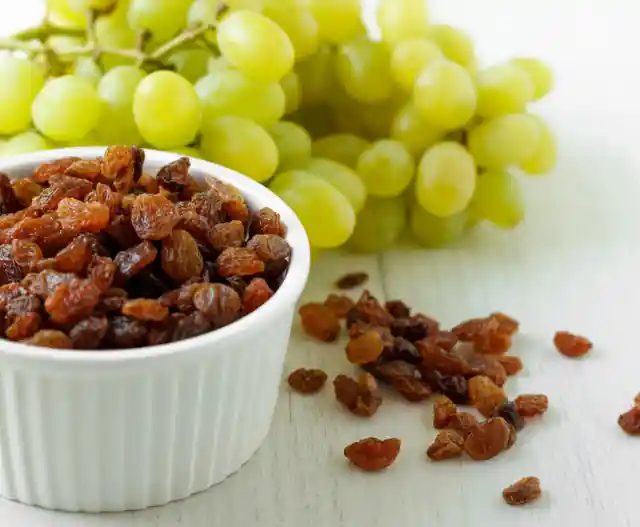
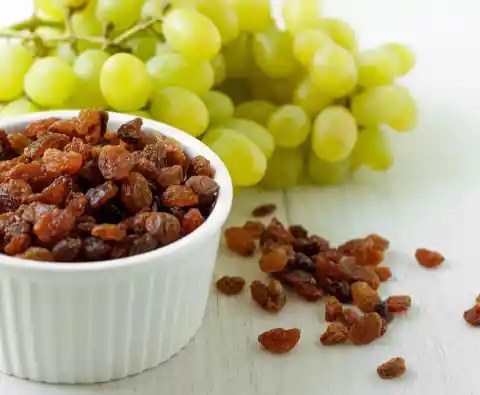
Drying the grapes in the sun over the week will turn them into raisins pretty easily. But is this safe to do with any food? No way! Now is a great time to introduce this concept to kids, hands-on and memorable for years to come.
Making History
Most of the country is addicted to Netflix already, and youngsters will probably flock straight to this option when they get bored at home. Who could blame them? But maybe, just maybe, it could be hijacked for a little history exposure this time around.


As a family, pick a period everyone wants to learn more about. Then, schedule a different movie depicting this time each night along with a group discussion afterward. By the end of quarantine, they will be ahead of the curve for school!
Science Class: Crystallization
Now, this experiment is a very tasty one, indeed. All that's required is an extremely sugary mix in water, with food coloring of their choice. Add wooden sticks, and wait a week for the full process to take effect!
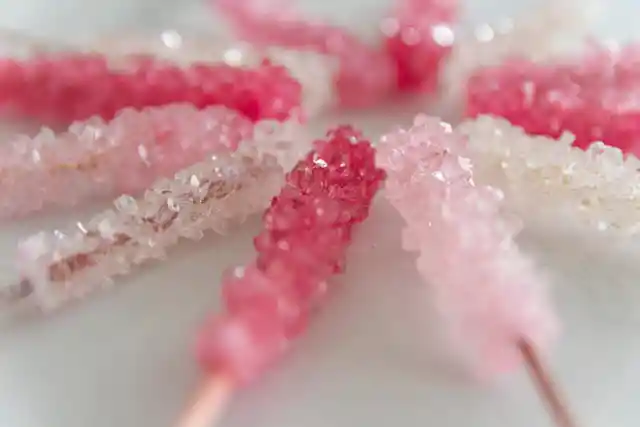
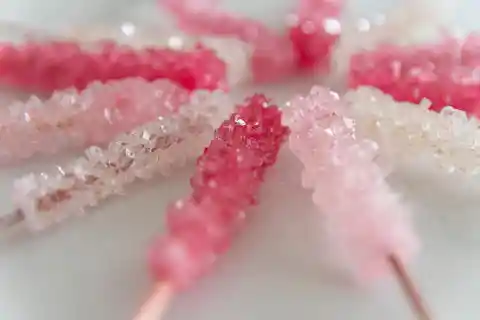
This yummy result is really the process of crystallization, and the concept can be used to understand bees and honeycomb, snow, and so much more about the world around us. Science is everywhere, but how many people really think about it during the day? Now is a great time to introduce youngsters to a new lens, as captives in the home!
Spell it Out
Many family homes have those classic, colorful letter magnets on the fridge. Maybe they were just decorative before, but a family needs a lot of entertainment to keep things copacetic if they are stuck inside all month long. And out of school, it's easy to get off track with reading and writing progress. Yikes!
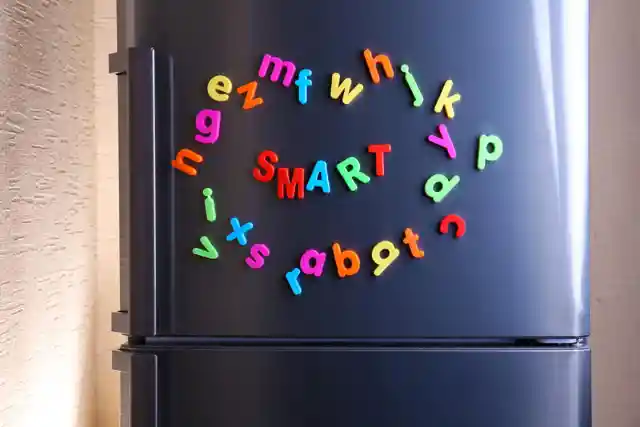
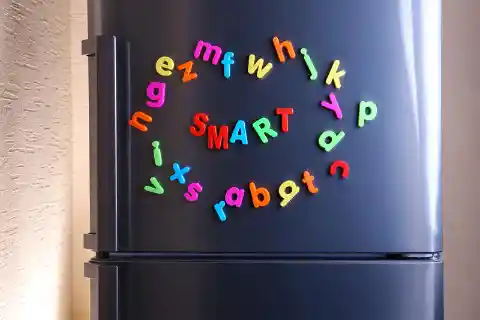
Dinner game: Instead of asking the kids what they want for mealtime, have them spell it using the letters. Small steps add up, especially if the school year is canceled! All hands on deck, mom and dad.
Family Book Club
Reading is rewarding alone, but with partners, it's even more fun! Start a household book club while you're all cooped up, taking turns passing around the chapter throughout the day. You might be limited in copies unless everyone has a kindle already.
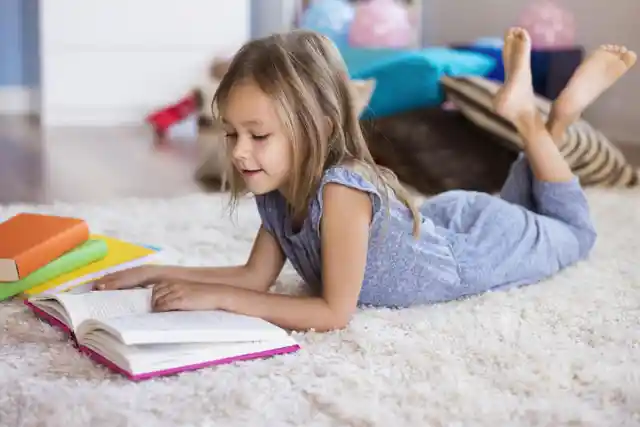

Telling your child to read while they have so much energy indoors might seem like a chore if they are the only ones doing it. But with snacks and drinks, a daily discussion about the book will seem like a social, cooperative event. Outside of school, it's great to keep reading and building those skills!
Super Scavenger Hunt
It's true that kids consistently enjoy search and find games, but do they always have an educational purpose? Admittedly, no. They are great just as pure fun!
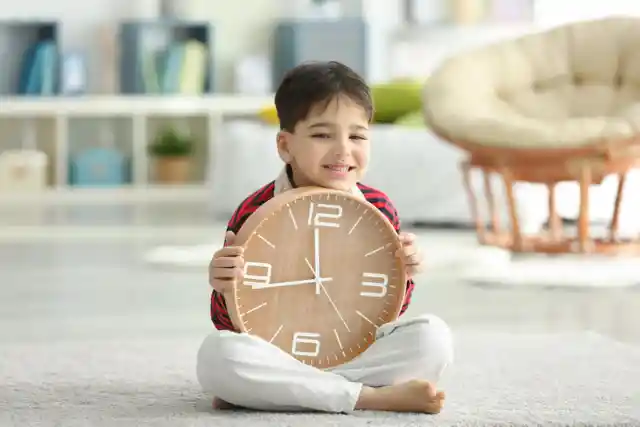
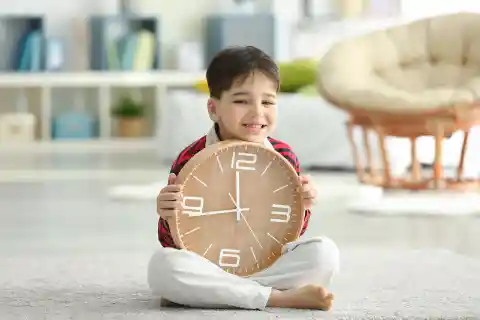
That doesn't mean they can't be tweaked for learning, though. While spending time at home for a while, maybe different themes can be practiced. A search for all the circles in the house? Very challenging for the very young! A scavenge for every item that starts with the letter P? Perhaps grade school age would enjoy the sophistication of this spelling quiz. Happy hunting, everyone!
Measuring Practice
Baking is a great opportunity to learn about chemistry, for sure. But what about math, as well? Any cake or cookie recipe requires tons of measuring. Why not tale the opportunity to try addition, subtraction, and multiplication to make double or triple the recipe?
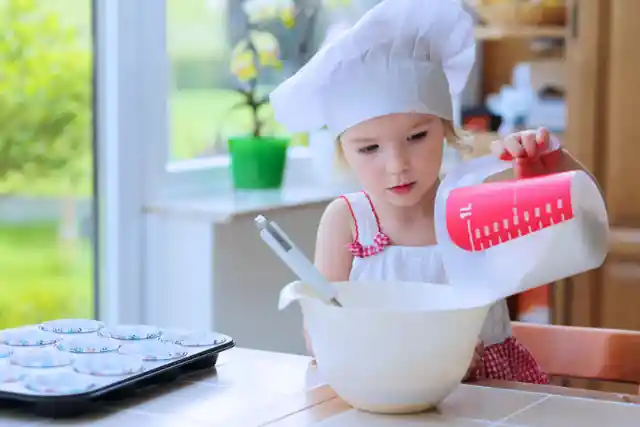
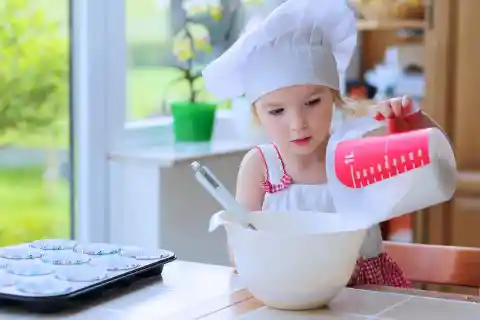
For the youngest in the kitchen, simply following the numbers in the measurement process is great exposure to math on its own. With their eye on the sugary prize, they won't even notice you're giving them homework. Literally!
Lava Learning
Baking soda volcanoes have been around at public school science fairs for decades. But in case the kids haven't seen the concept yet, any afternoon is a great time for some harmless explosions!
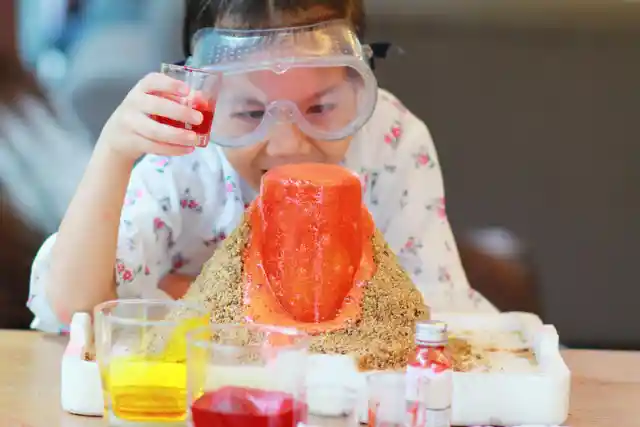
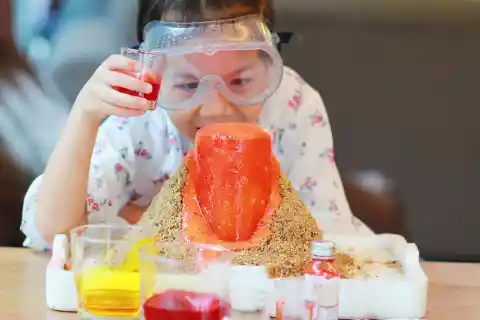
Easy to do, the chemical reaction between vinegar and baking soda in a container creates quite a burst. Like the lava in real life, it flows and bubbles from a reaction that created CO2. This is a great time to discuss carbon dioxide, the gas we breathe out all day long. And what do we breathe in? Oxygen! Time for some serious science, and serious fun.
Meal Math
Food that comes in multiples is a great chance to practice adding and subtracting. And with the motivation to get meatballs on their plates, the kids will have every reason to use their brainpower to get some!
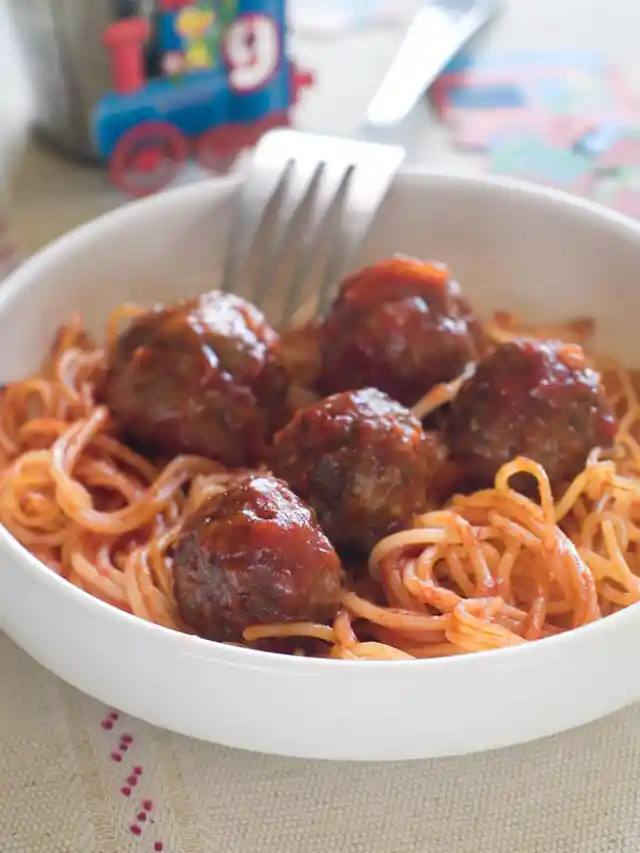
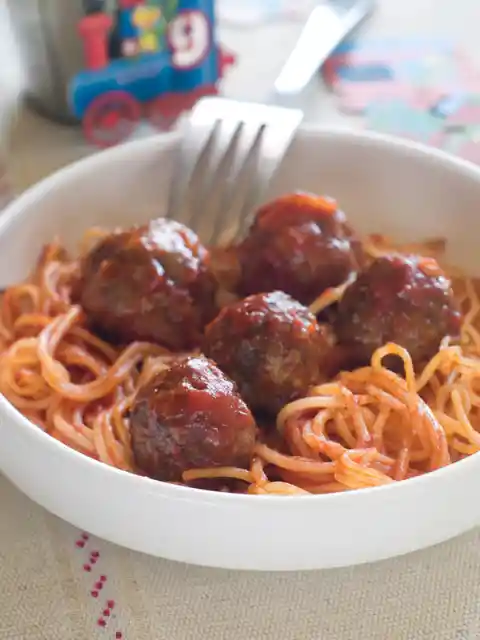
State that you gave them 3 meatballs, then ask how many other people have on their plates. Then, ask how many meatballs everyone has. A low-pressure riddle, and a fantastic way to sneak some math into their day yet again. It's easy to get behind on this subject if you haven't had a lesson for a while, stuck in the house!
Rock Around the Clock
Yes, it will be that time again. Time for bed, every night at some point. With so many cell phones and digital clocks around, one life skill may have been neglected at school. Just what time is it on the round clock with hands tonight?
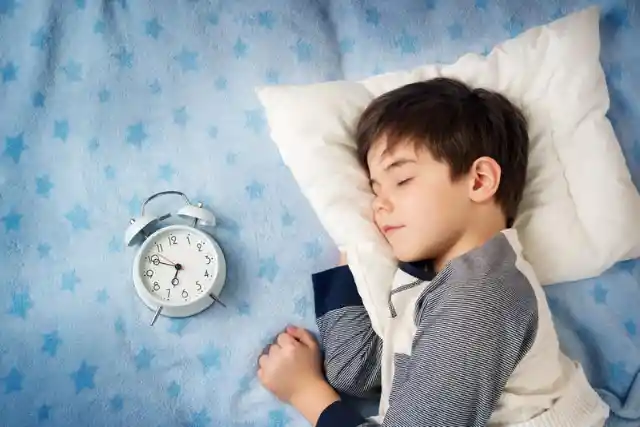
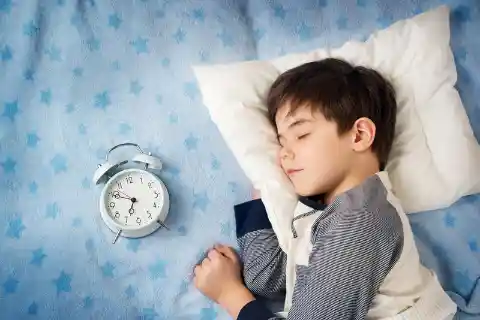
Try the challenge of reading up to the minute after bedtime stories. Practice makes perfect, and this time at home allows more focus on the little things. Hey, no one's leaving the house! It's clock time now.
Make it Count
For young children, counting is a challenge all on its own. Throughout the day, there are so many chances to bring up the skill. Some suggest counting how many stairs are in the house as you walk up or down together. If you come across a closet, it's easy to ask how many shoes there are at the bottom.
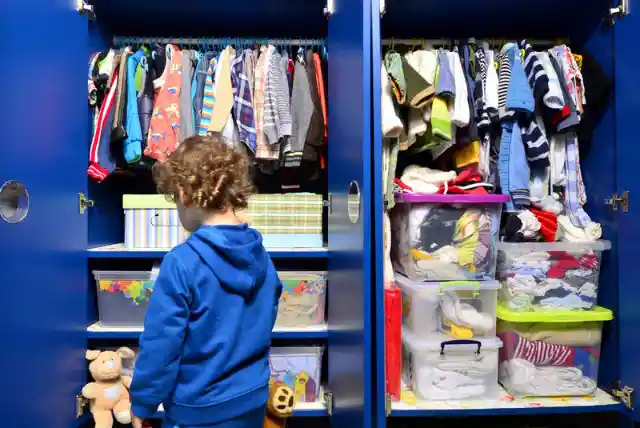
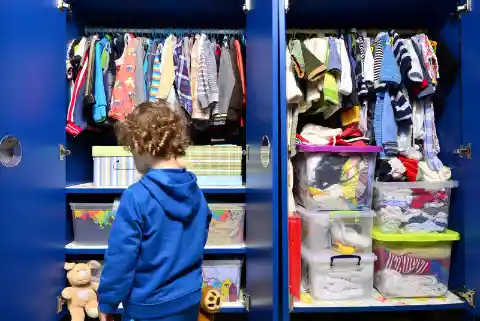
Boxes of legos are good to teach the idea of counting by tens. M&M's and Skittles offer their own fun, too: How many greens are there in the bag? Lucky kids who get the answer correct can eat all the greens!